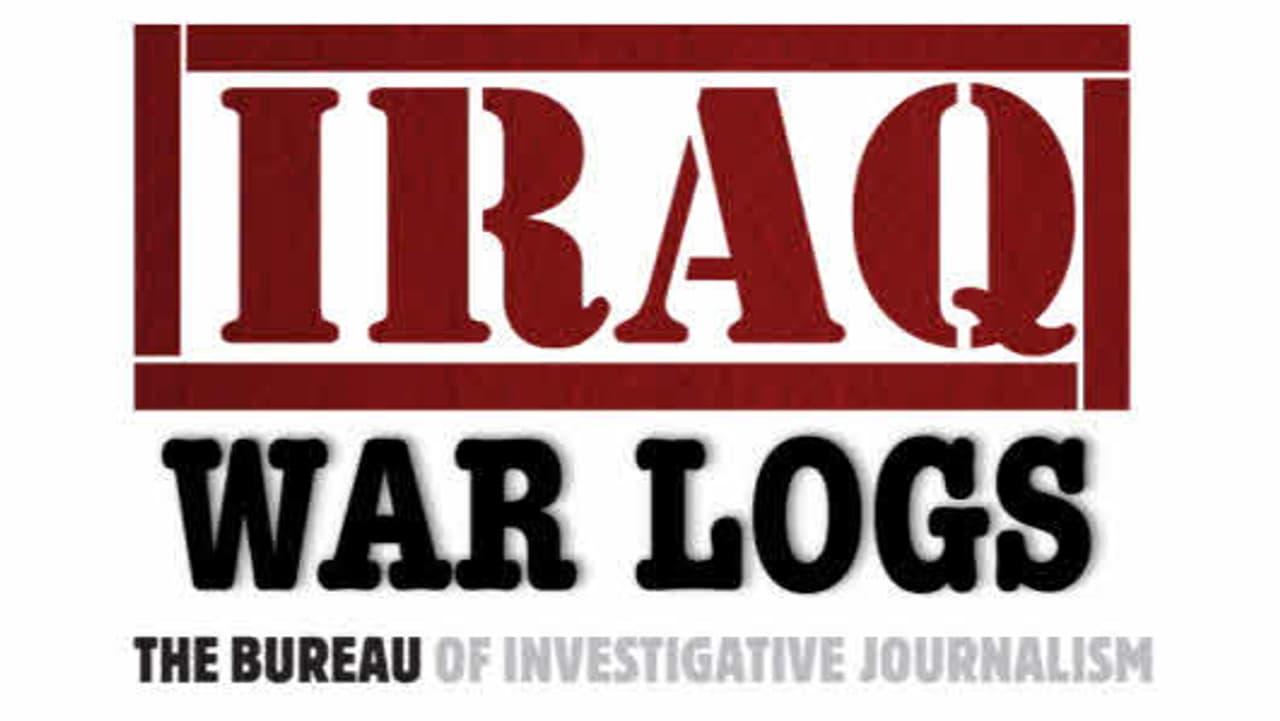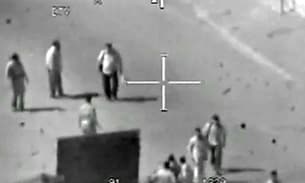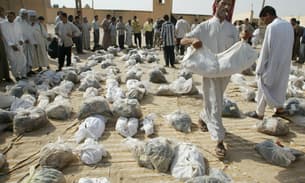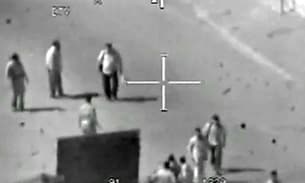
Bureau’s investigation into WikiLeaks logs makes international headlines
A website – www.iraqwarlogs.com – dedicated to the biggest leak of military documents in history was launched by the Bureau of Investigative Journalism.
The website is based on months of analysis of these documents. It details the untold story of the war – the torture, murder and abuse of Iraqi men, women and children during the occupation of Iraq from 2004 to 2009.
It also reveals that the US handed over detainees to the Iraqi authorities knowing of reported widespread abuse within official facilities.
Following publication the UN’s special rapporteur on torture, Manfred Nowak, called for an immediate investigation into our findings.
On BBC Radio 4’s Today programme, Nowak commented that, “under the convention, there is an obligation of states to criminalise every form of torture, whether directly or indirectly and of course to investigate any case…President Obama also has an obligation to deal with past cases and there is an obligation to investigate when those allegation are credible.”
The Pentagon and the British Ministry of Defence condemned the leak, claiming it could endanger lives.
At a press conference, Julian Assange, founder of WikiLeaks, explained that all the material published by the whistleblowers’ website had been thoroughly redacted.
He said the files would help uncover the truth about the Iraq war.
London-based organisation Iraq Body Count told how it had already unearthed thousands of new casualties of the war.
John Sloboda of NGO Iraq Body Count commented that the public had the right to know what had been happening behind the scenes of the war.
Also attending was Daniel Ellsberg, the man responsible for the leak of the Pentagon files.
The Bureau produced films based on our three-month research for Channel 4’s Dispatches and Al Jazeera Network. We also provided stories to French newspaper Le Monde and worked closely with Swedish TV network SVT.
The Bureau was given advance access to the data along with the Guardian, New York Times and Germany’s De Spiegel.
The story was covered widely by the international media.
Related article:




